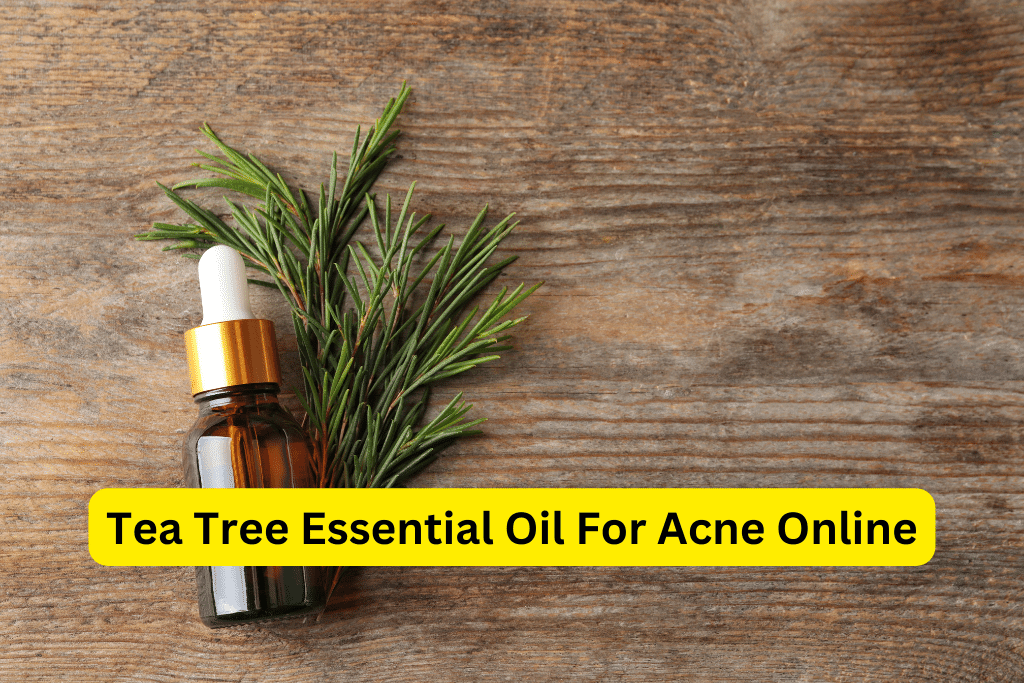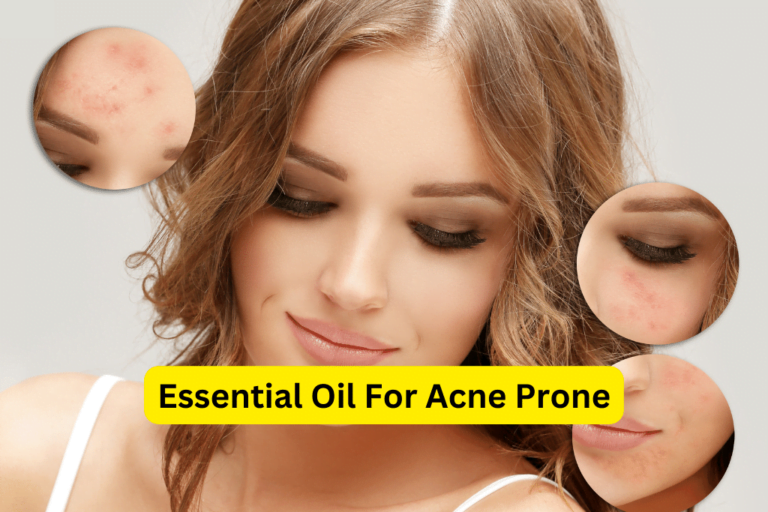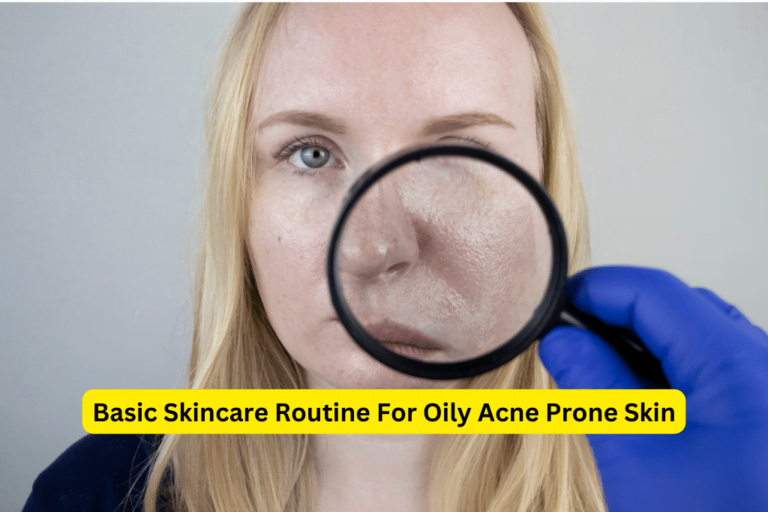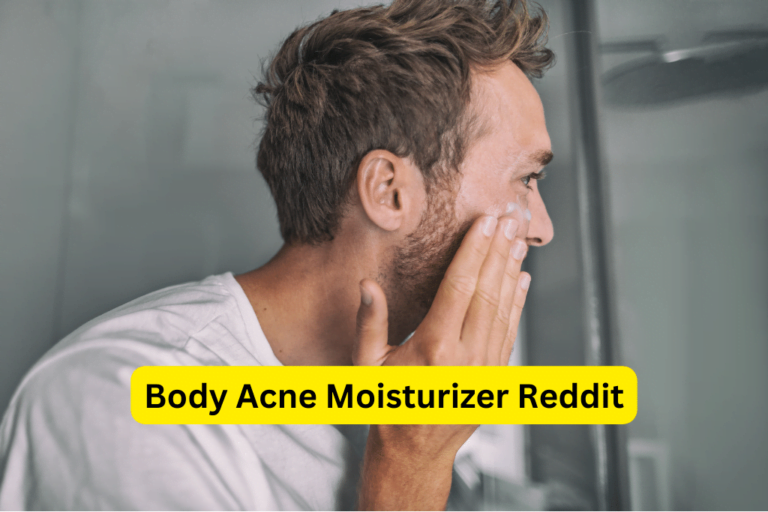Tea Tree Essential Oil for Acne – Shop Online Now!
Tea Tree Essential Oil For Acne Online
Tea Tree Essential Oil is a potent natural remedy that has gained popularity for its many benefits in skincare. One of its notable uses is for the treatment of acne. Acne is a common skin condition that affects millions of people worldwide. It occurs when oil, dead skin cells, and bacteria clog the pores, leading to inflammation and the formation of pimples, blackheads, and whiteheads. Tea Tree Essential Oil has been found to be effective in combating acne due to its antibacterial, anti-inflammatory, antioxidant, and soothing properties.
Benefits of Tea Tree Essential Oil for Acne
Antibacterial Properties
One of the key benefits of Tea Tree Essential Oil for acne is its powerful antibacterial properties. The oil is known to kill acne-causing bacteria, such as Propionibacterium acnes, by disrupting their cell membranes. This helps to reduce the number of bacteria on the skin and prevent further breakouts. Scientific research has shown that Tea Tree Oil effectively inhibits the growth of acne-causing bacteria, making it an excellent natural alternative to chemical-based acne treatments.
Anti-inflammatory Properties
Inflammation is a major factor in the development of acne. Tea Tree Essential Oil possesses anti-inflammatory properties that can help reduce redness, swelling, and inflammation associated with acne. The oil works by inhibiting the production of pro-inflammatory molecules in the skin, providing relief and promoting healing. Several studies have demonstrated Tea Tree Oil’s ability to significantly reduce inflammation in acne lesions, making it a valuable addition to any acne skincare routine.
Antioxidant Properties
Tea Tree Essential Oil is also rich in antioxidants, which help fight free radicals and oxidative stress in the skin. Free radicals are unstable molecules that can damage the skin’s cells and contribute to acne formation. The antioxidants in Tea Tree Oil neutralize these free radicals, preventing damage and promoting healthy skin. Research has shown that Tea Tree Oil exhibits strong antioxidant activity, making it beneficial for acne-prone skin.
Skin-soothing Effects
Acne-prone skin is often irritated and sensitive. Tea Tree Essential Oil has skin-soothing effects that can help calm irritated skin. Its natural compounds have a cooling and calming effect, providing relief from redness, itching, and discomfort. Many individuals have reported that Tea Tree Oil helps to soothe their acne and improve the overall condition of their skin. Testimonials and anecdotal evidence further support its effectiveness in soothing acne.
How to Use Tea Tree Essential Oil for Acne
Patch Test and Dilution Guidelines
Before using Tea Tree Essential Oil on your face, it is important to perform a patch test to check for any allergic reactions or sensitivities. Diluting the oil with a carrier oil, such as jojoba oil or coconut oil, is recommended to avoid skin irritation. The general guideline is to use a 2-5% dilution, which means using 2-5 drops of Tea Tree Oil per teaspoon of carrier oil.
Topical Application
To apply Tea Tree Essential Oil topically for acne, follow these steps:
- Cleanse your face with a gentle cleanser and pat dry.
- Dilute the Tea Tree Oil with a carrier oil.
- Apply the diluted oil to acne-prone areas using clean fingertips or a cotton swab.
- Gently massage the oil into the skin until absorbed.
- Allow the oil to remain on the skin for a few hours or overnight before rinsing off.
It is important to note that Tea Tree Oil should not be applied directly to the skin without dilution, as it can cause irritation.
Tea Tree Oil Face Masks and Spot Treatments
Tea Tree Essential Oil can also be incorporated into face masks and spot treatments for targeted acne treatment. Here are some DIY recipes:
- Tea Tree Oil and Bentonite Clay Face Mask: Mix 1 tablespoon of bentonite clay, 4 drops of Tea Tree Oil, and enough water to form a paste. Apply to the face and leave on for 10-15 minutes before rinsing off.
- Tea Tree Oil Spot Treatment: Dilute 1 drop of Tea Tree Oil with 1 teaspoon of a carrier oil and apply directly to individual pimples using a clean cotton swab.
When creating DIY treatments, it is important to choose complementary ingredients that have acne-fighting properties, such as honey, aloe vera, or turmeric. Additionally, it is crucial to exercise caution when using concentrated forms of Tea Tree Oil to prevent skin irritation.
Oral Consumption and Supplements
While topical application is the most common way to use Tea Tree Essential Oil for acne, there are also oral consumption options available. Capsules or supplements containing Tea Tree Oil are available for those who prefer an internal approach. However, it is important to consult with a healthcare professional before consuming Tea Tree Oil orally, as there are dosage and safety considerations to be aware of. It is essential to take the recommended dosage and follow any guidelines provided.
Precautions and Potential Side Effects
Allergic Reactions and Sensitivities
Although Tea Tree Essential Oil is generally well-tolerated by most individuals, some people may experience allergic reactions or sensitivities. It is recommended to perform a patch test before using the oil to check for any adverse effects.
Skin Irritation and Dryness
Tea Tree Essential Oil, especially when used in its undiluted form, can cause skin irritation and dryness. It is essential to dilute the oil with a carrier oil and start with lower concentrations to prevent adverse reactions. If any irritation occurs, discontinue use and consult a dermatologist.
Interactions with Other Skincare Products and Medications
Tea Tree Essential Oil may interact with certain skincare products or medications. It is advisable to consult with a healthcare professional or dermatologist if you are using other topical treatments or are taking any medications to avoid negative interactions.
Safety Precautions for Pregnant Women and Children
Pregnant women and children should exercise caution when using Tea Tree Essential Oil. It is generally recommended to avoid using Tea Tree Oil during pregnancy, as there is limited research on its safety for pregnant women. When using Tea Tree Oil on children, it is best to consult with a pediatrician beforehand.
Choosing the Right Tea Tree Essential Oil for Acne
Finding High-Quality Tea Tree Oil
When purchasing Tea Tree Essential Oil, it is important to choose a high-quality product. Look for oils that are 100% pure and have undergone testing for quality and purity. Check for certifications or third-party testing to ensure you are getting a reliable product.
Different Forms of Tea Tree Essential Oil
Tea Tree Essential Oil is available in different forms, including pure, diluted, and blends. Pure Tea Tree Oil is highly concentrated and should be used with caution. Diluted versions are pre-mixed with carrier oils, making them safer for direct application. Blends often combine Tea Tree Oil with other beneficial essential oils, offering a targeted approach to acne treatment.
Conclusion
Tea Tree Essential Oil has numerous benefits for acne-prone skin. Its antibacterial, anti-inflammatory, antioxidant, and soothing properties make it a valuable addition to any acne skincare routine. However, it is important to exercise caution and use Tea Tree Oil safely, taking into account precautions, potential side effects, and individual sensitivities. If you have severe acne or are unsure about using Tea Tree Essential Oil, it is always best to seek professional advice from a dermatologist.
References
1. Carson CF, Hammer KA, Riley TV. Melaleuca alternifolia (Tea Tree) oil: a review of antimicrobial and other medicinal properties. Clin Microbiol Rev. 2006;19(1):50-62. doi:10.1128/CMR.19.1.50-62.2006
2. Enshaieh S, Jooya A, Siadat AH, Iraji F. The efficacy of 5% topical tea tree oil gel in mild to moderate acne vulgaris: a randomized, double-blind placebo-controlled study. Indian J Dermatol Venereol Leprol. 2007;73(1):22-25. doi:10.4103/0378-6323.30646
3. Thring TSA, Hili P, Naughton DP. Antioxidant and potential anti-inflammatory activity of extracts and formulations of white tea, rose, and witch hazel on primary human dermal fibroblast cells. J Inflamm (Lond). 2011;8(1):27. doi:10.1186/1476-9255-8-27









